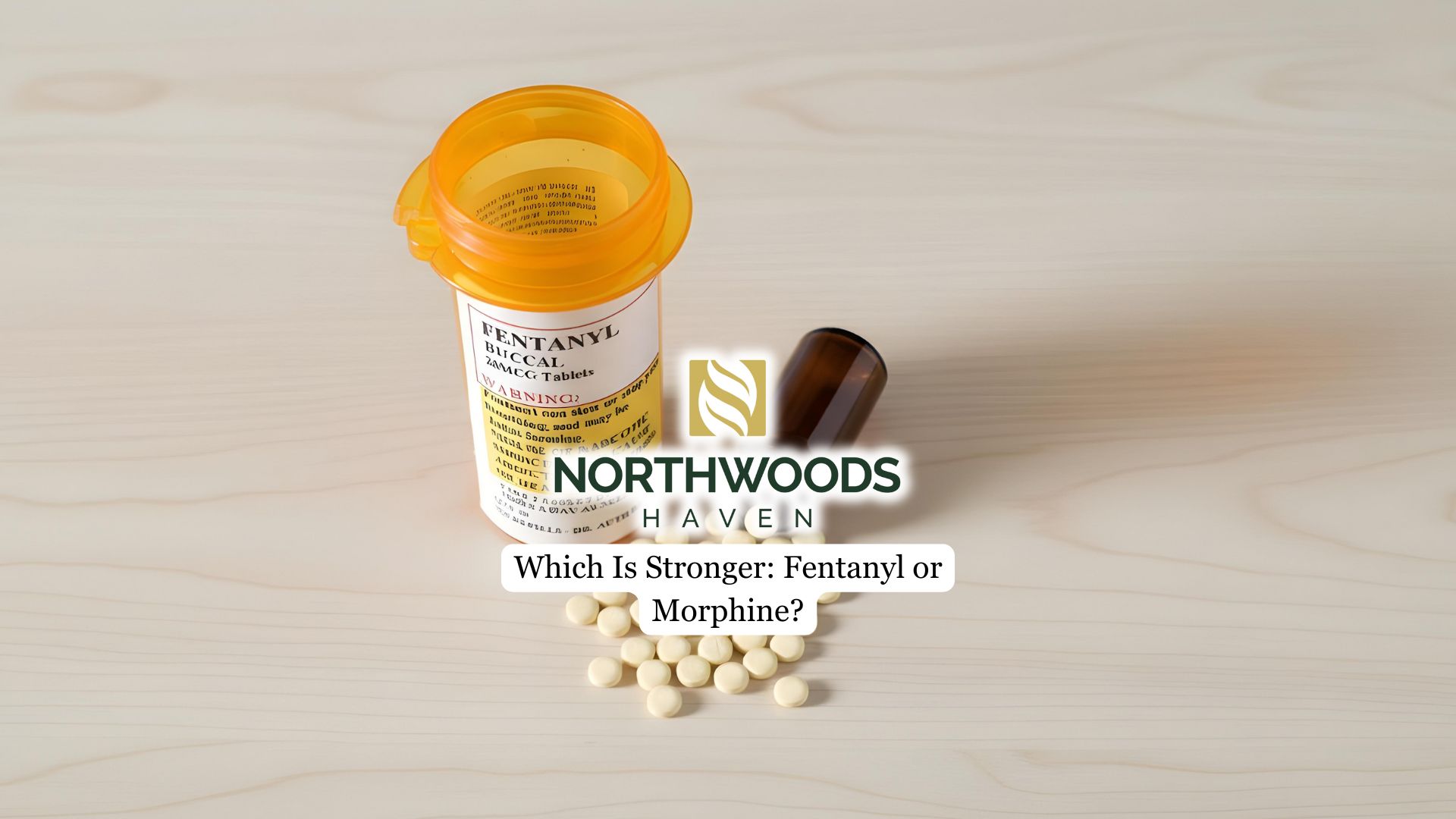Choosing the right treatment program is essential for achieving lasting sobriety in substance addiction recovery. One option that has gained popularity is the Intensive Outpatient Program (IOP). IOPs offer a unique combination of flexibility and effectiveness. Unlike inpatient programs, which require individuals to stay at a treatment facility, IOPs allow participants to keep their daily routines while still receiving structured and comprehensive care.
This approach is especially helpful for those who need more support than standard outpatient services can provide but cannot commit to a full-time residential program due to personal responsibilities, such as work, school, or family obligations.
Below, we’ll highlight the most significant benefits IOPs can propose to potential addiction treatment patients.
Flexibility and Compatibility With Daily Life
IOPs provide flexibility for patients, allowing you to attend therapy sessions in the evenings or on weekends, ensuring that you can maintain daily responsibilities like work, school, and family commitments. You’ll engage in a minimum of 9 hours of therapy per week, structured to enable you to balance recovery with your everyday life.
Living at home during treatment fosters a supportive environment, as you can apply the skills learned in therapy to real-life situations.
Read more about What to Expect From an Intensive Outpatient Program (IOP) for Addiction Treatment.
Comprehensive, Customized Treatment
IOPs offer personalized care, with treatment plans tailored to your specific needs and progress. This adaptability encourages greater personal accountability, as you’re responsible for managing your responsibilities alongside your recovery journey.
By combining individual therapy, group counseling sessions, and medication management, IOPs ensure that you receive well-rounded care tailored to your specific situation. You’ll engage in a minimum of nine hours of structured treatment per week, allowing for an in-depth exploration of the root causes of your addiction and the development of practical coping strategies.
IOPs incorporate evidence-based practices to provide holistic support that targets both substance use disorders and any co-occurring mental health issues through dual diagnosis support. The group counseling sessions within IOPs foster a sense of community and shared experiences among participants, enhancing your motivation and accountability throughout the recovery process.
As you progress, your customized treatment plan will be continually assessed and adjusted based on your individual needs and feedback, ensuring that you receive the most effective support during your recovery journey.
Proven Effectiveness
Many IOPs use evidence-based practices like cognitive-behavioral therapy (CBT) and motivational interviewing. These methods have proven effective in treating substance use disorders. These approaches emphasize the importance of changing negative thought patterns and developing healthy coping mechanisms.
Family involvement in IOP treatment has been shown to enhance success rates and lower relapse risks significantly. Skilled professionals in these programs tailor their approaches to your individual needs, ensuring that you receive the most effective treatment possible.
Research has shown that IOPs have high retention rates, along with notable decreases in substance use and mental health symptoms from the time of intake to the end of treatment. For instance, one study reported an impressive retention rate of 91% and highlighted significant improvements in both substance use and mental health outcomes.

Privacy
The outpatient setting of IOPs allows you to maintain confidentiality throughout your treatment journey. You have control over what personal information you share during therapy sessions, reducing the stigma and shame often associated with addiction.
IOPs provide a higher level of privacy compared to residential treatment options, enabling you to keep your treatment confidential without disclosing absences to employers or others. The flexibility in scheduling therapy sessions minimizes the need to provide explanations for your treatment to family or colleagues, further enhancing your privacy.
This increased privacy within IOPs can lead to a more comfortable treatment environment, encouraging you to seek help without fear of judgment or societal repercussions.
Family Involvement and Community Support
Family therapy sessions educate your loved ones about addiction, improving communication and fostering a supportive home environment. Research shows that involving family members during treatment significantly enhances recovery outcomes and reduces relapse rates.
IOPs also emphasize the importance of community support in addiction recovery. Group therapy and alumni programs create connections among participants, providing motivation and accountability. Engaging with local recovery groups and support networks reinforces your sense of belonging and mutual aid, which is crucial for long-term sobriety.
Community resources like the SAMHSA National Helpline offer 24/7 assistance and additional support for you and your family throughout the recovery journey. By combining family involvement and community support, IOPs create a comprehensive approach to substance addiction recovery, empowering you to build a strong foundation for lasting sobriety.
Cost-Effectiveness
You’ll find that IOPs are significantly more affordable than inpatient or residential treatments, with average costs ranging from $3,000 to $10,000. The cost per day of treatment typically ranges between $250 and $350.
Many health insurance plans cover some or all of the costs associated with Intensive Outpatient Programs, particularly when the treatment is considered medically necessary and the provider is part of the insurance network.Some programs may offer sliding-scale fees or payment plans to help accommodate various financial situations.
Final Thoughts from Northwood Haven Recovery
Choosing the right path for addiction treatment is a critical decision, and Northwood Haven Recovery offers an appealing option through its Intensive Outpatient Program. This approach provides numerous benefits, such as flexibility, personalized care, and the ability to maintain daily responsibilities while receiving treatment. By participating in an IOP, individuals can access comprehensive support and resources, laying a strong foundation for long-term recovery.
At Northwood Haven Recovery, the focus is on empowering individuals to overcome addiction with dignity and resilience. The program ensures that participants are well-equipped to navigate their journey to sobriety.



